Tous les films

70 products
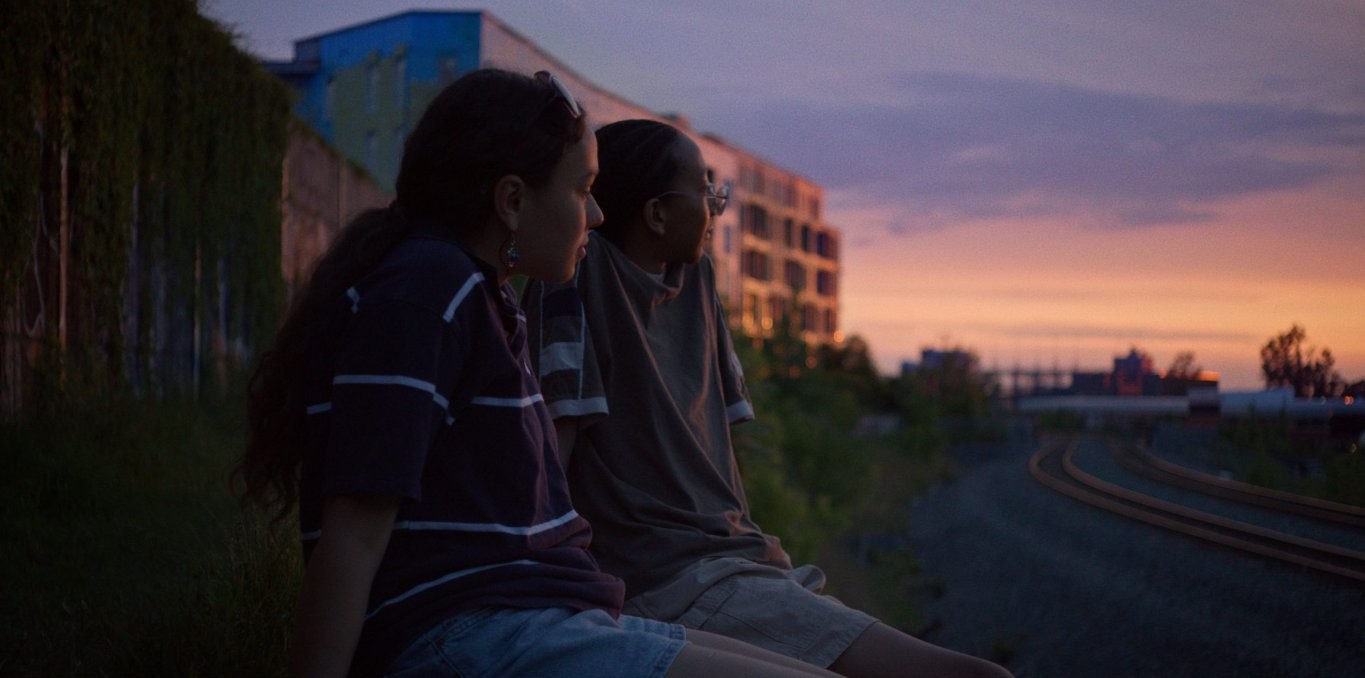
Here and There
Duration: 38 minutes
Subscription access
At the beginning of the summer of their 16th year, Adam, Ana, and Dahlia turn to their families and friends to question their cultural heritage. Through intimate conversations, _Here and There_ juxtaposes the different influences and realities that shape the development of the cultural identities of second and third-generation immigrants.
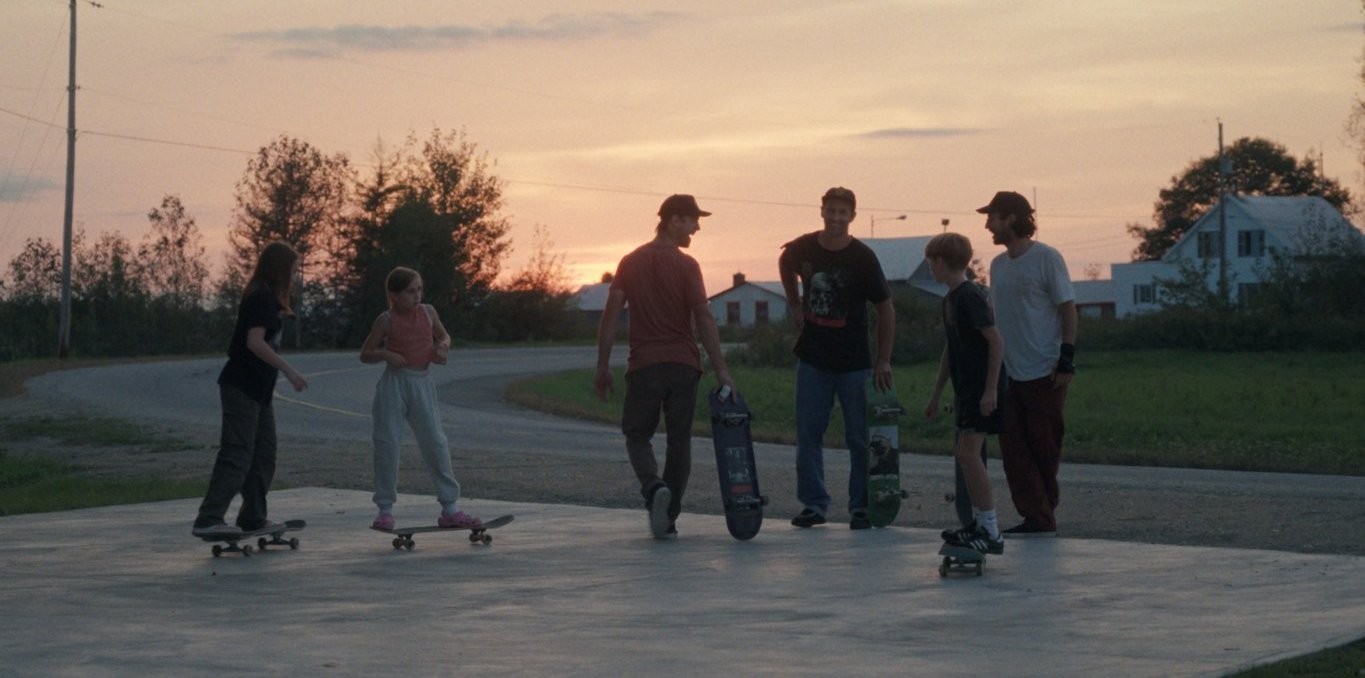
Leveret Road
Duration: 30 minutes
Subscription access
Jeanne, 10, a neuroatypical with a passion for skateboarding and snowboarding, has been diagnosed with dysorthographia, ADHD, dyscalculia and a developmental coordination disorder. She faces a decline in her academic performance and must learn to maintain her confidence and focus on her strengths.
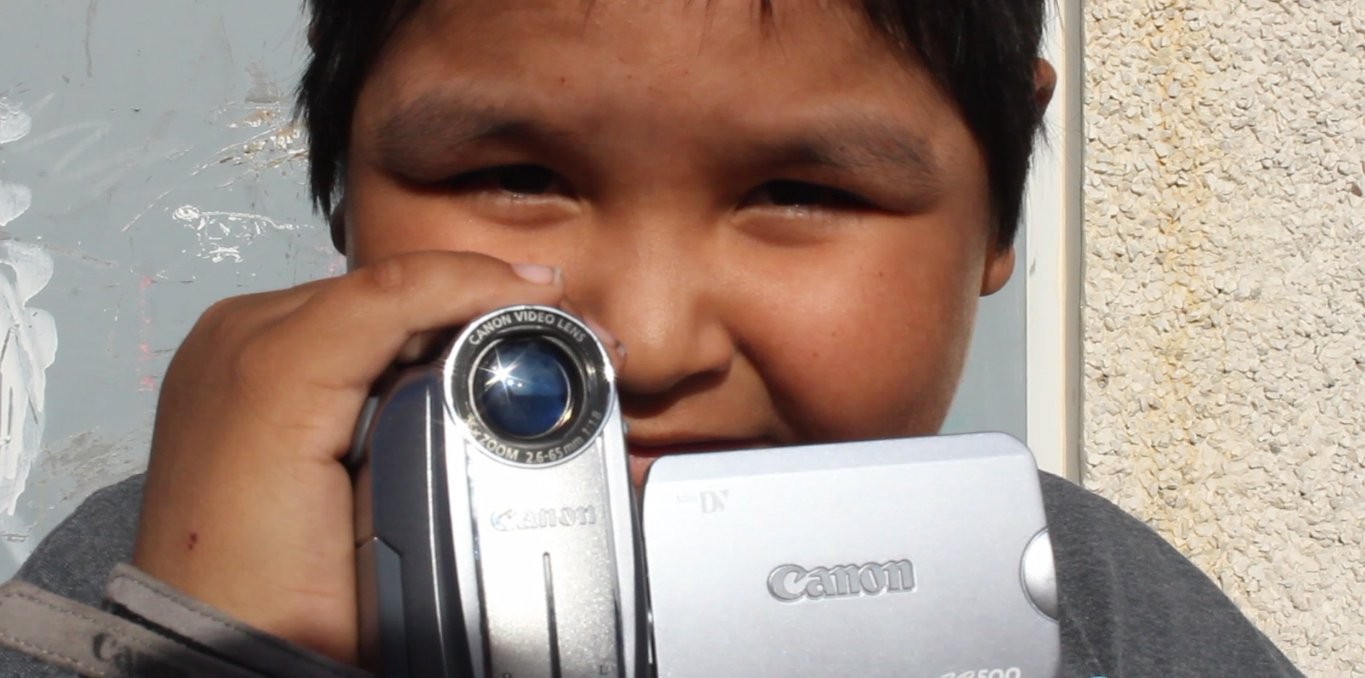
I Love Everything
Duration: 6 minutes
Subscription access
At the age of eight, José invites us to discover his village, Nutashkuan, and everything he loves about it.
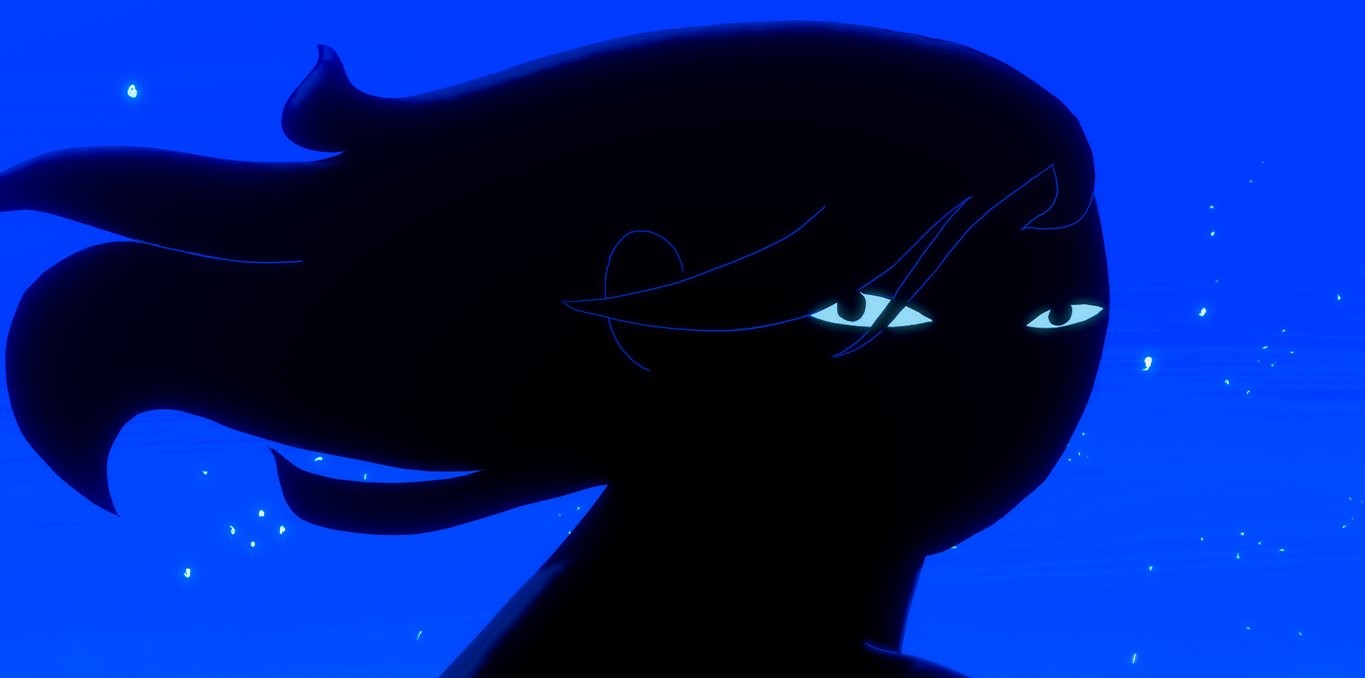
And Yet We're Not Super Heroes
And Yet We're Not Super Heroes
New product!Duration: 24 minutes
Subscription access
When we are a child, there is this fragile moment when the border between the imaginary and the reality is shattered. Here is the testimony of these children between two worlds, to whom the floor has been freely given.

On the Adamant
Duration: 1h49
Subscription access
The Adamant is a unique day care centre : it is a floating structure. Located on the Seine in the heart of Paris, it welcomes adults suffering from mental disorders, offering them care that grounds them in time and space, and helps them to recover or keep up their spirits. The team running it is one of those that try to resist the deterioration and dehumanization of psychiatry as best it can. T...
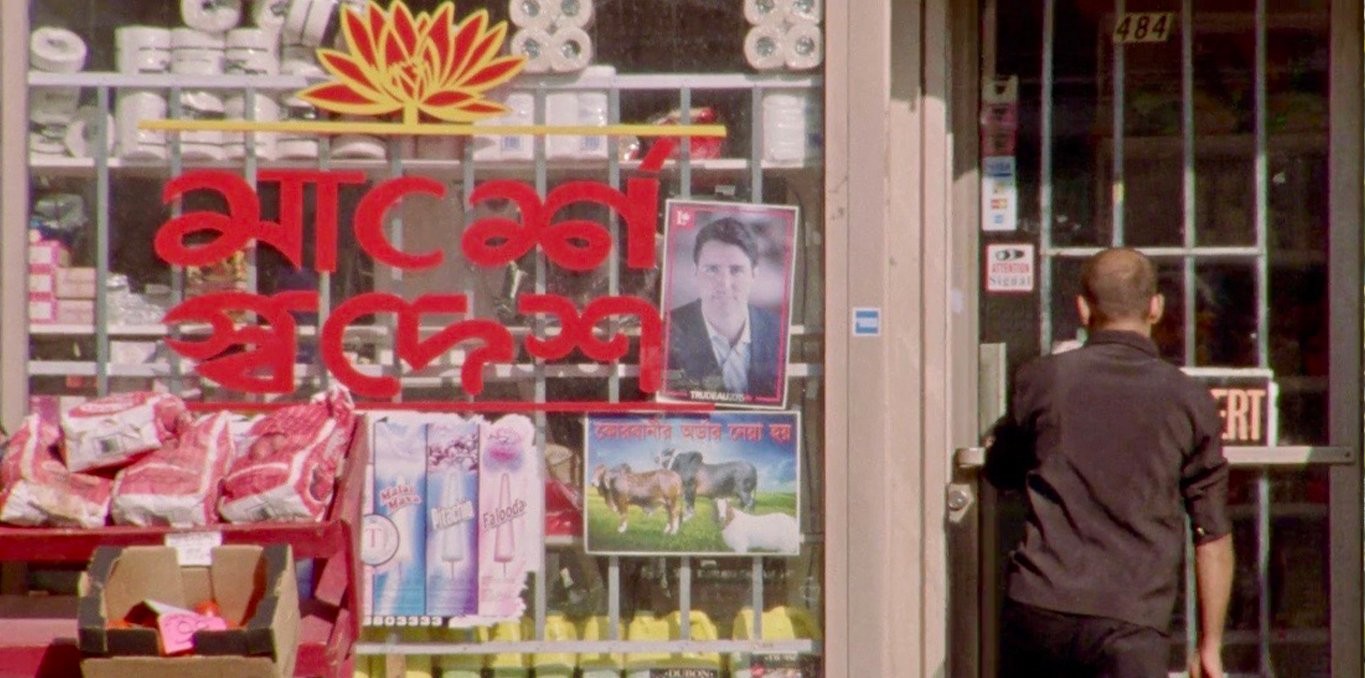
Letters to the Prime Minister
Duration: 42 minutes
Subscription access
Montreal author Marie-Célie Agnant collects stories, dreams and demands from Parc-Extension neighbours, in order to write a letter to their deputy, Justin Trudeau, then the 23rd Prime Minister of Canada.
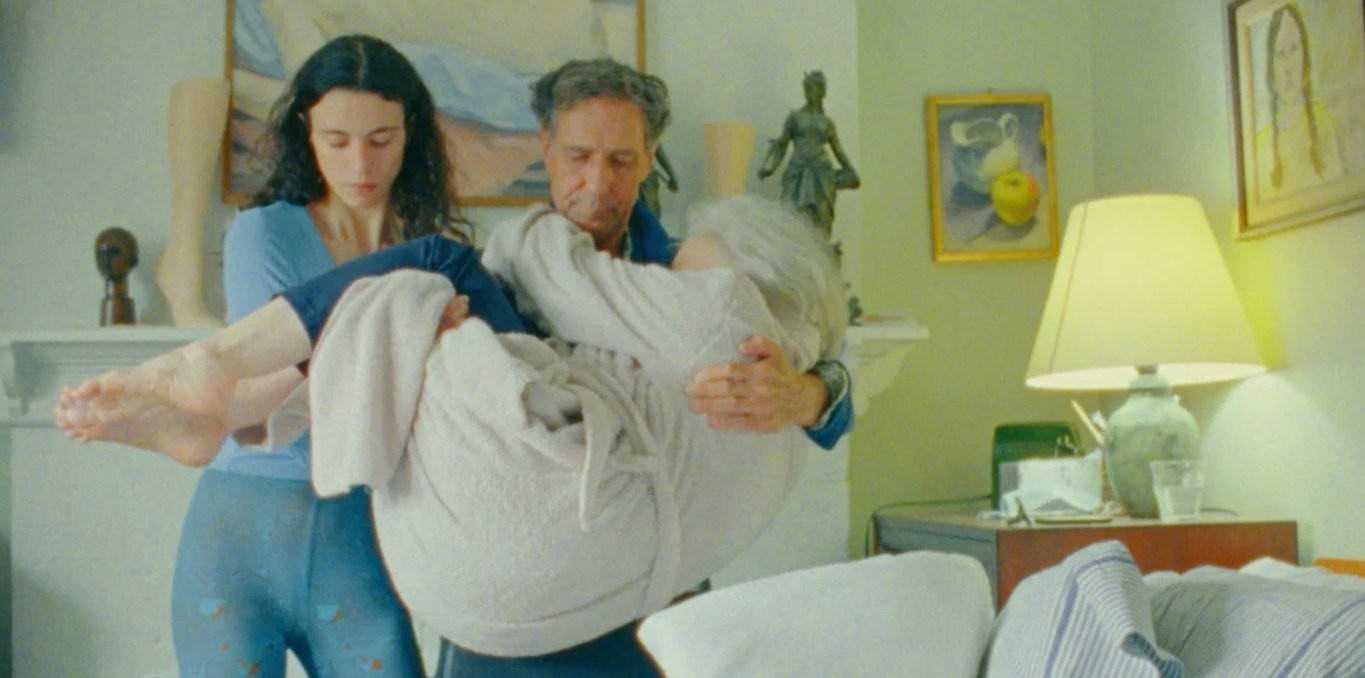
Nine Easy Dances
Duration: 40 minutes
Subscription access
A filmmaker and former dancer returns to her family home to make a film with her parents, but when they fail to live up to unrealistic expectations, and when her mother's cancer metastasizes, she hires professional dancers to play them, in what becomes a darkly humorous docufiction about both loss and transformation.
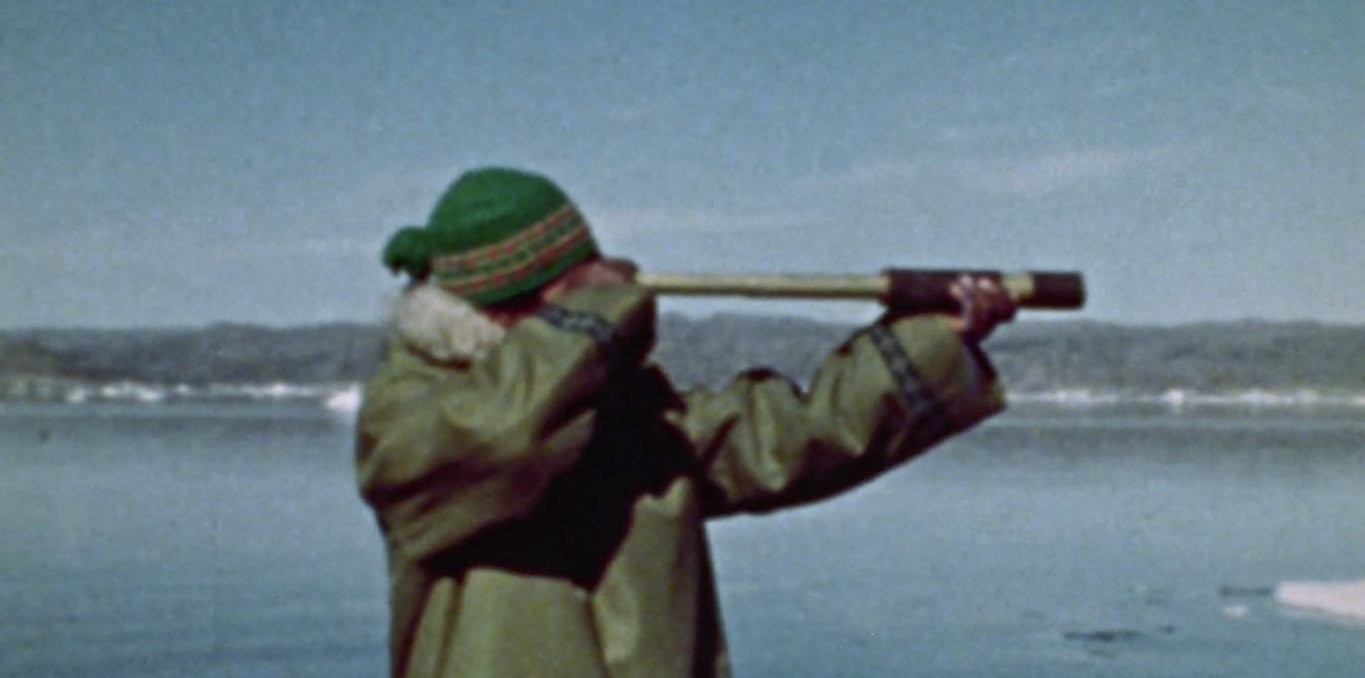
Natsik Hunting
Duration: 16 minutes
Subscription access
25-year-old Mosha Michael made an assured directorial debut with this seven-minute short, a spare, narration-free depiction of an Inuit seal hunt. After participating in a Super 8 workshop in Frobisher Bay in 1974, Michael shot and edited the film himself. His voice can be heard on the lively, guitar-accompanied soundtrack. Released in 1975, _Natsik Hunting_ is believed to be Canada’s first Inu...
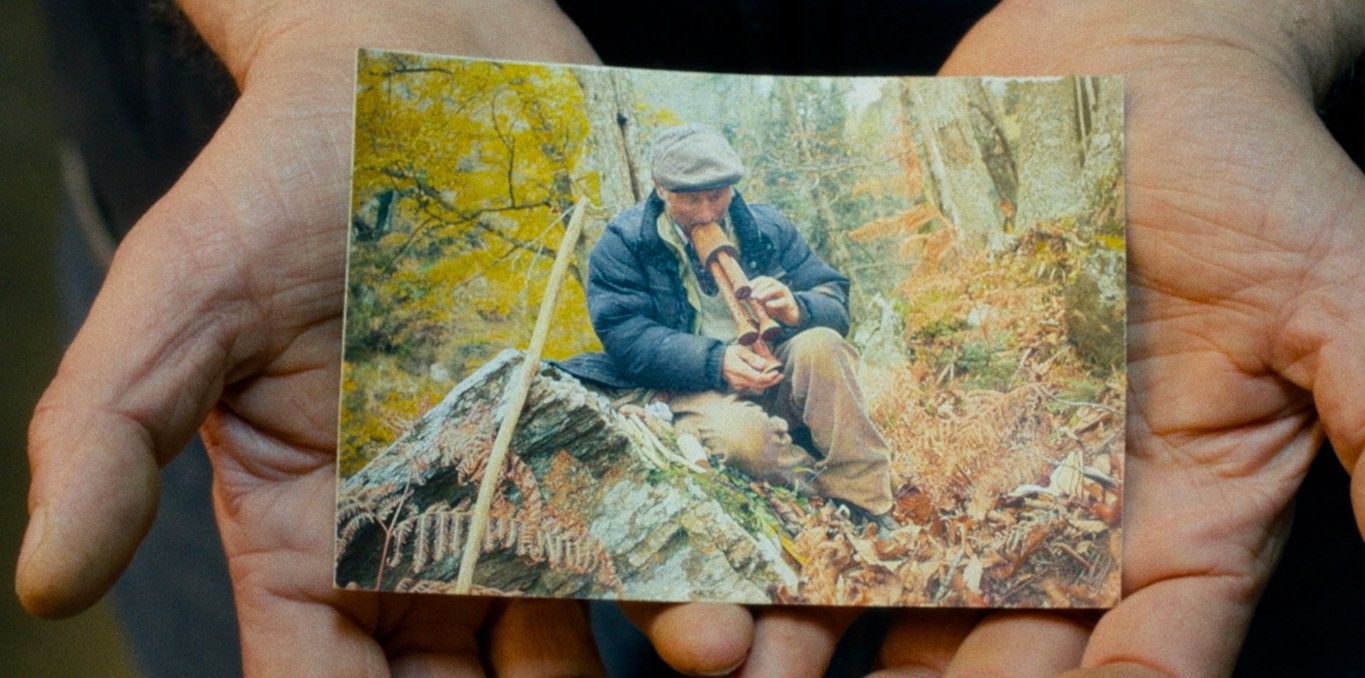
Canone effimero
Duration: 4h02
Subscription access
A poetic journey into a hidden Italy, far from dominant narratives. _Canone effimero_ explores cultural resistance at work among makers of ancient instruments, polyphonic choirs, and traditions passed down from generation to generation. Through eleven musical chapters, the De Serio brothers compose a mosaic of memories, voices, and landscapes, refocusing attention on marginalized rural cultures.
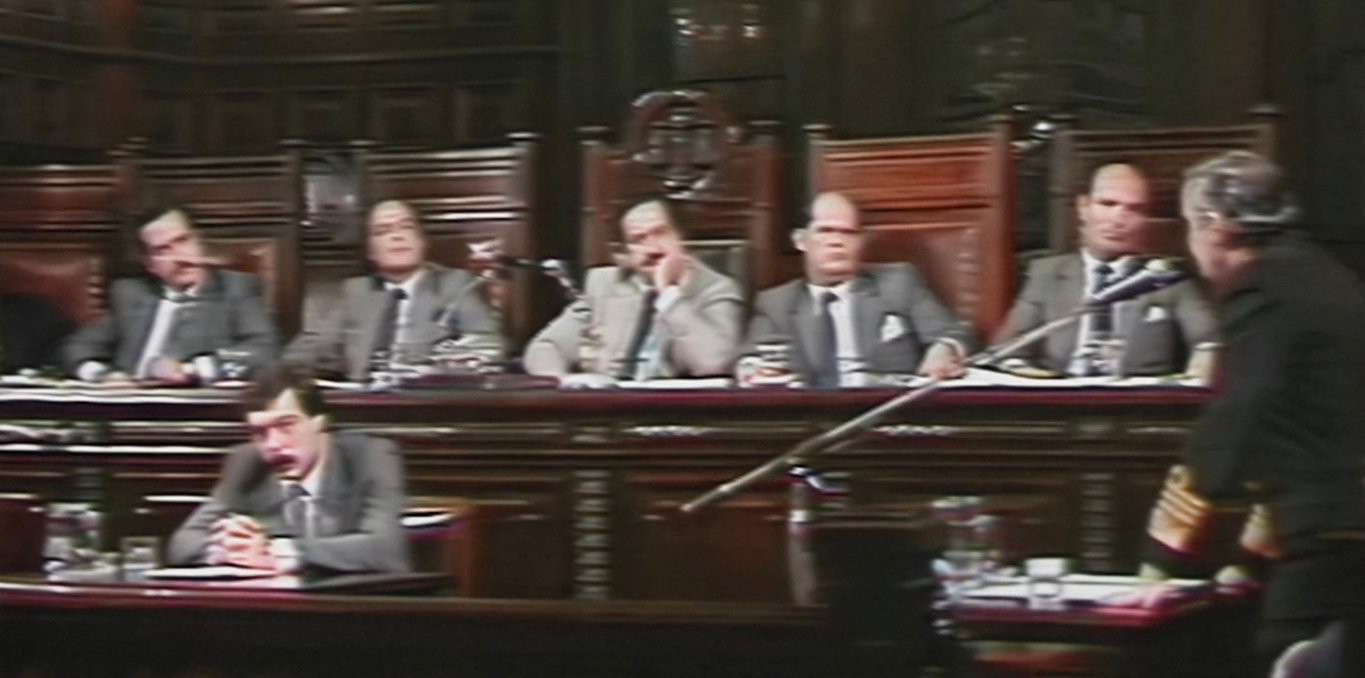
The Trial
Duration: 5h54
Subscription access
Following the collapse of the Argentinian dictatorship, the new democratically elected government held a judicial trial of nine high-ranking representatives of the military Junta. The accused were prosecuted with crimes that included kidnapping, torture, forced disappearance, and the murder of over 8000 thousand people from 1976-1983. The trial was recorded for broadcast television on over 500 ...
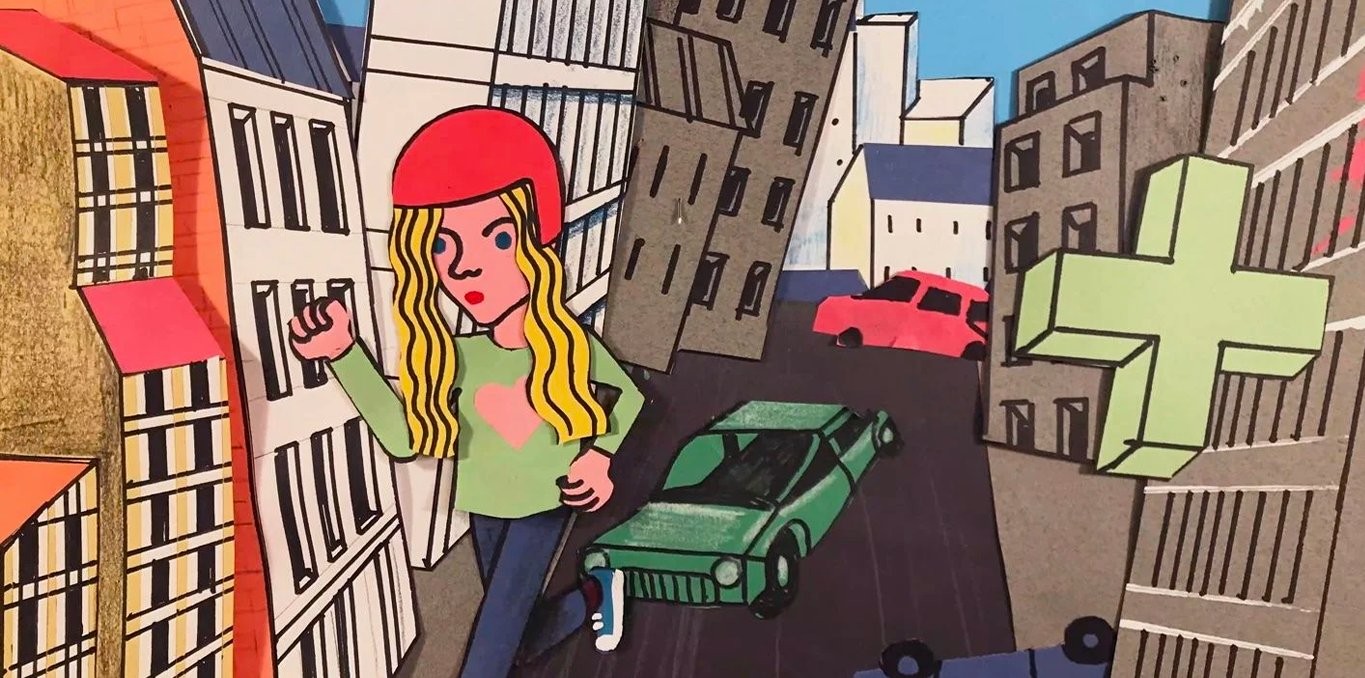
Maya, Give Me a Title
Duration: 2h04
Subscription access
A father and daughter maintain their bond despite living in different countries through an imaginative nightly ritual where she suggests a title and he creates short animated films starring her as the hero.
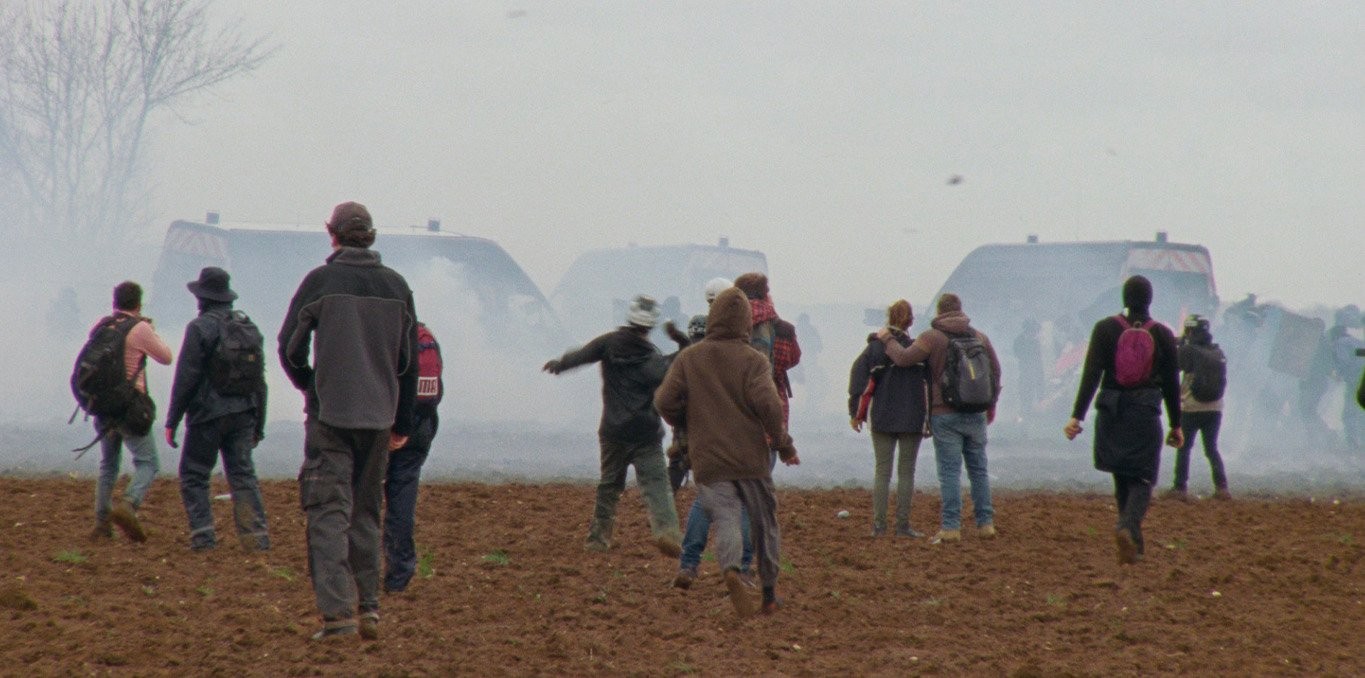
Direct Action
Duration: 7h04
Subscription access
In January 2018, the construction of an airport in rural Notre-Dame-des-Landes was officially canceled, putting an end to years of resistance led by one of the most important activist communities in France. From 2022 to 2023, filmmakers Guillaume Cailleau and Ben Russell immersed themselves in the ZAD (zone-to-defend) to create a portrait of collective life in the years after this unprecedented...
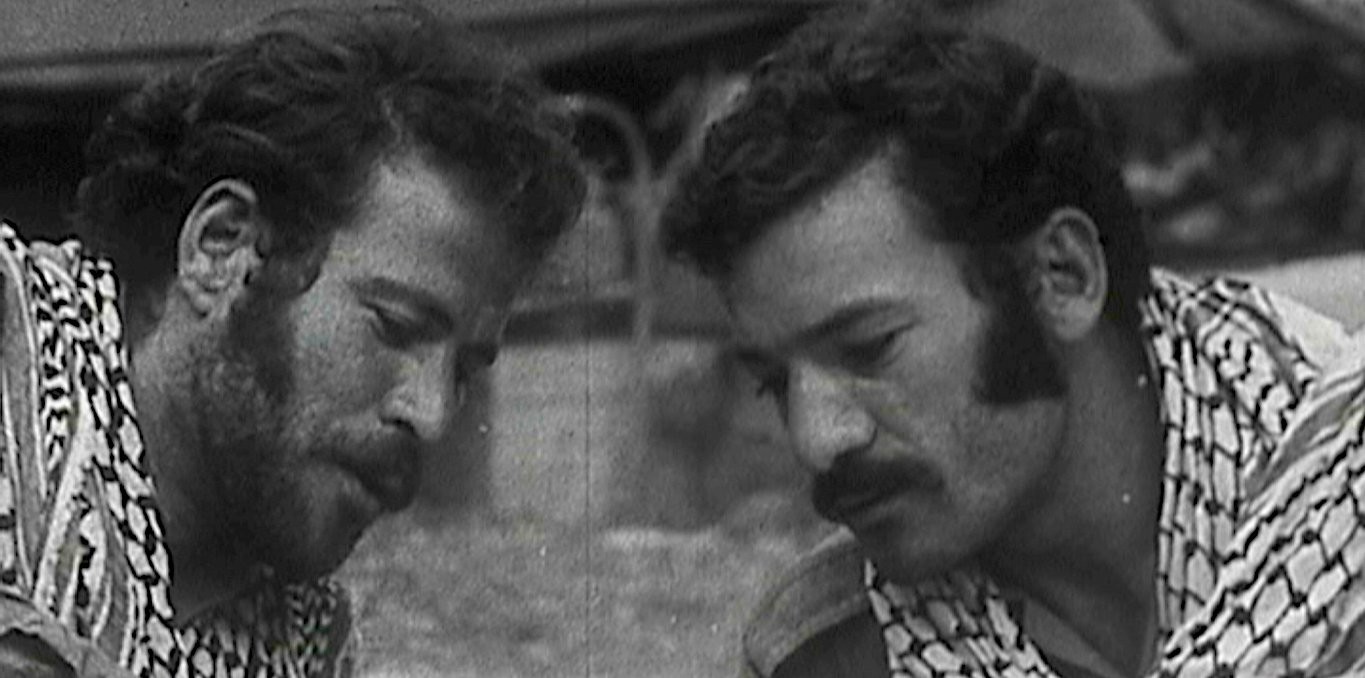
They Do Not Exist
Subscription access
Life in the Nabatia refugee camp in Southern Lebanon, accompanied by a voice-over reading a letter written to a _fedayeen_ (Palestinian fighter). A response to Israeli Prime Minister Golda Meir, who declared that the Palestinian people did not exist.
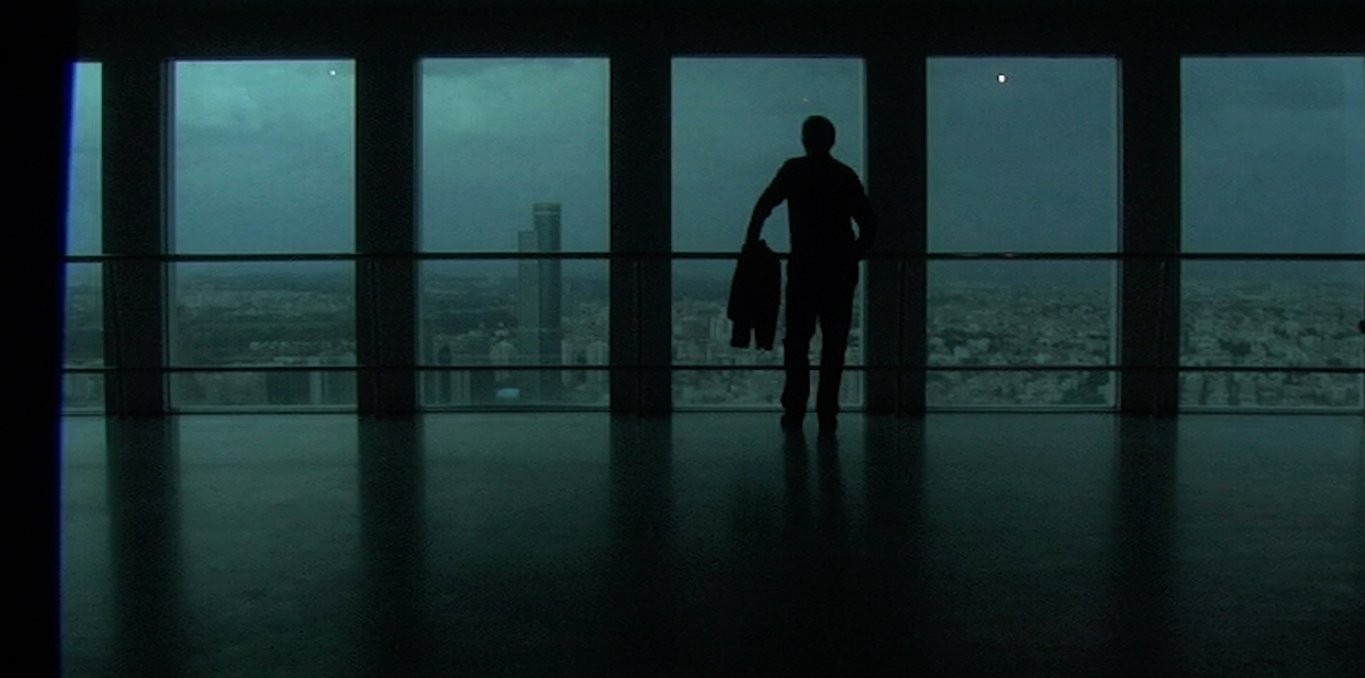
The Roof
Subscription access
Straddling documentary and filmed autobiography, this deceptively tranquil film portrays the family of filmmaker Kamal Aljafari in Ramla and Jaffa, through the calm yet unceasing movements of a camera drifting through the rooms of abandoned, damaged, or ruined houses. The title refers to the missing roof of the house where the director’s family settled in 1948—a home left unfinished, a construc...
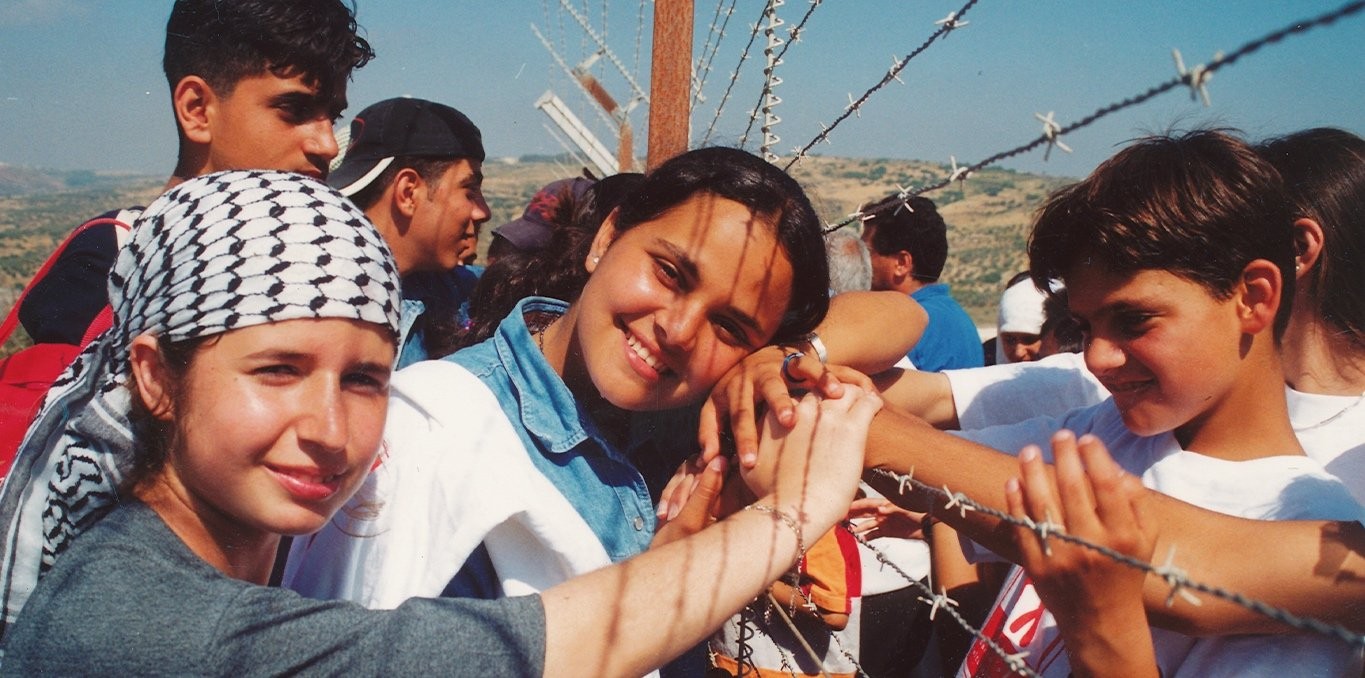
Frontiers of Dreams and Fears
Subscription access
From the Shatila camp in Beirut to the Dheisheh camp in Bethlehem, this film follows two teenage girls – Mona, 13, and Manar, 14 – who, separated by exile, get to know each other and form a friendship via the Internet, until a meeting becomes possible thanks to political events. Shot after the liberation of Southern Lebanon from Israeli occupation and at the outset of the Second Intifada, the f...

Children of Shatila
Subscription access
_Children of Shatila_ tells the story of Farah and Issa, two children from Beirut’s Shatila camp who use their imagination and creativity to overcome the overwhelming difficulties of living in a Palestinian refugee camp that has survived massacre, siege, and dispossession.
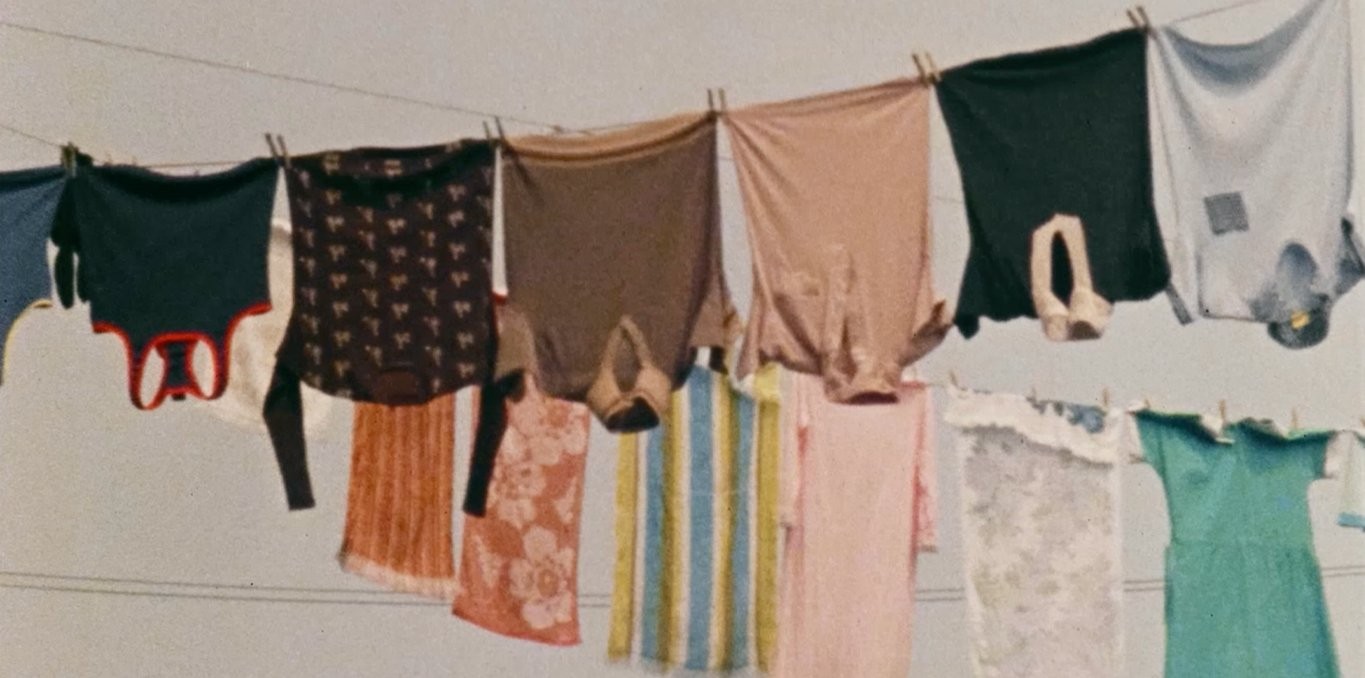
Clotheslines
Subscription access
_Clotheslines_ poetically documents the pragmatic, symbolic and artistic role of laundry in women's lives. The film presents an enduring, vivid account, showing how the creative energies of women have been sapped by mundane tasks, and in turn how such tasks reflect a ritualistic approach to life.
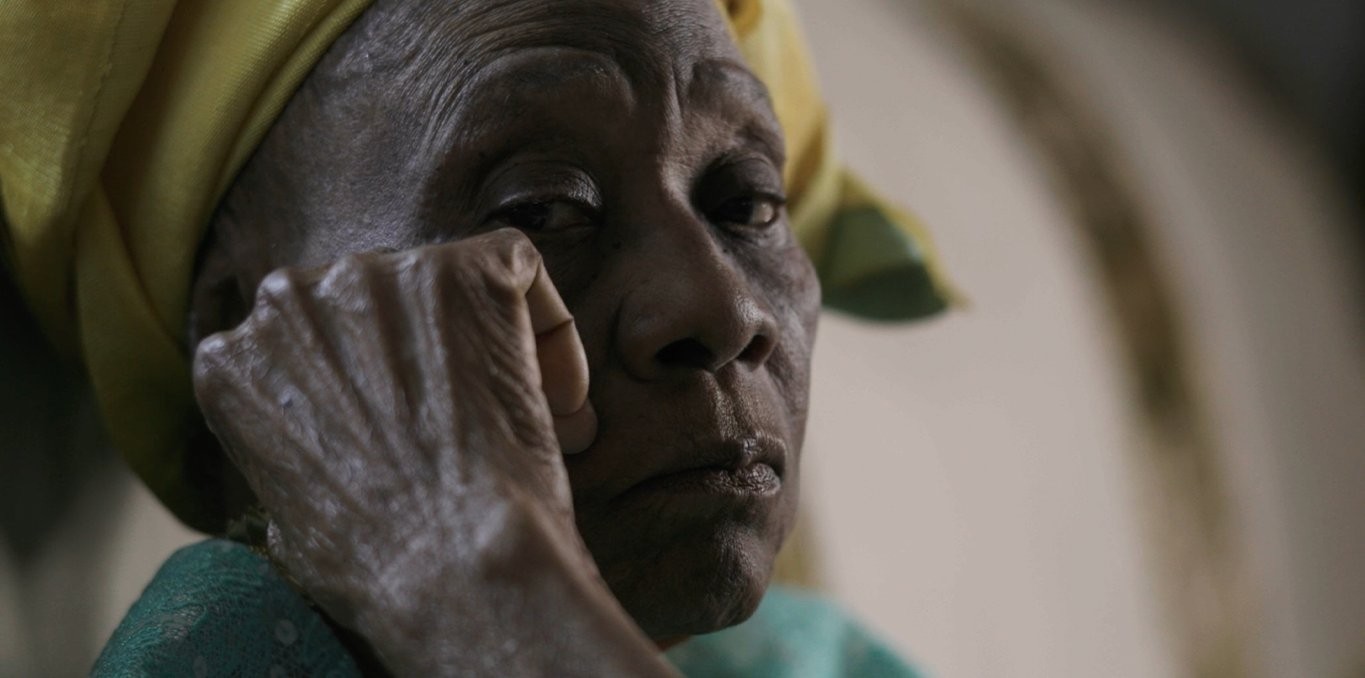
record found here
Subscription access
Ten years ago, lanaire aderemi’s grandmother told her about the Egba Women’s Revolt, a resistance movement against colonial taxation in the late 1940s in Abeokuta, Nigeria. Inspired by this story, lanaire explores archival documents, historical sites and oral testimonies to document the imaginative and revolutionary spirit of Abeokuta women in the 1940s.
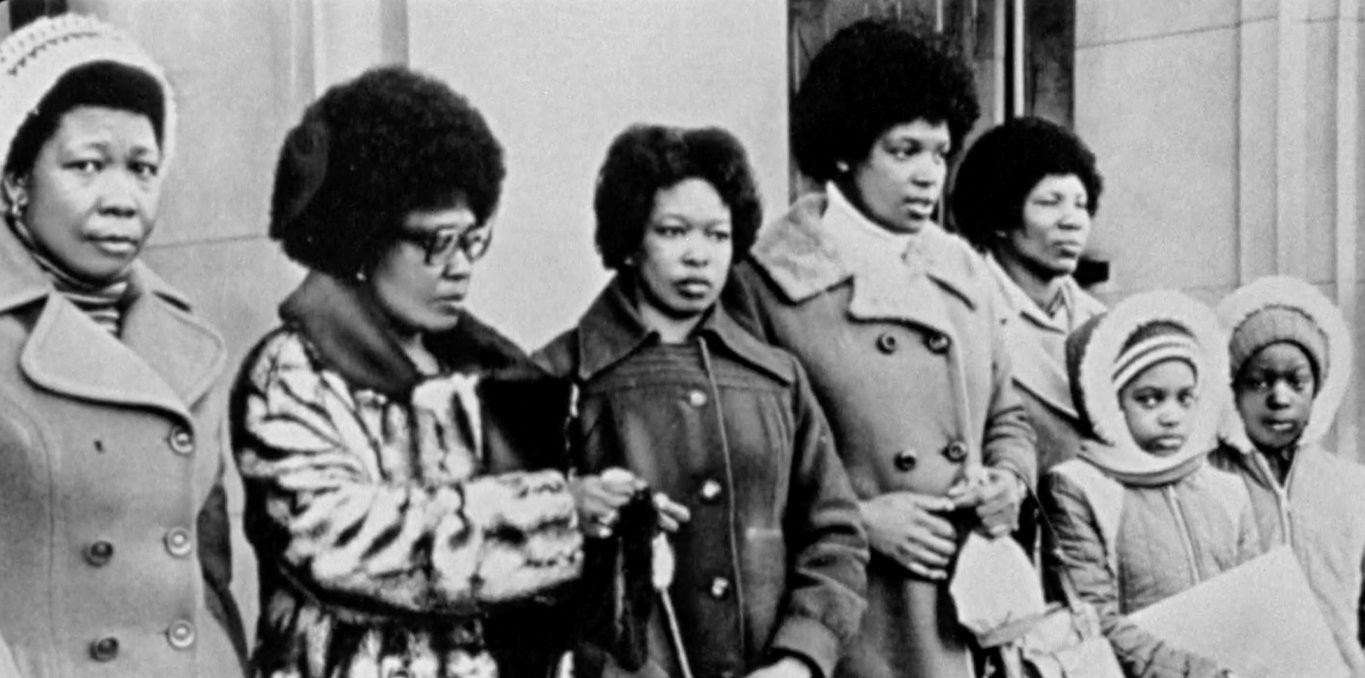
Sisters in the Struggle
Subscription access
This documentary features Black women active in politics as well as in community, labour, and feminist organizing. They share their insights and personal testimonies on the dual legacy of racism and sexism, linking their lived experiences to the ongoing struggle to end systemic discrimination and violence against women and people of colour.
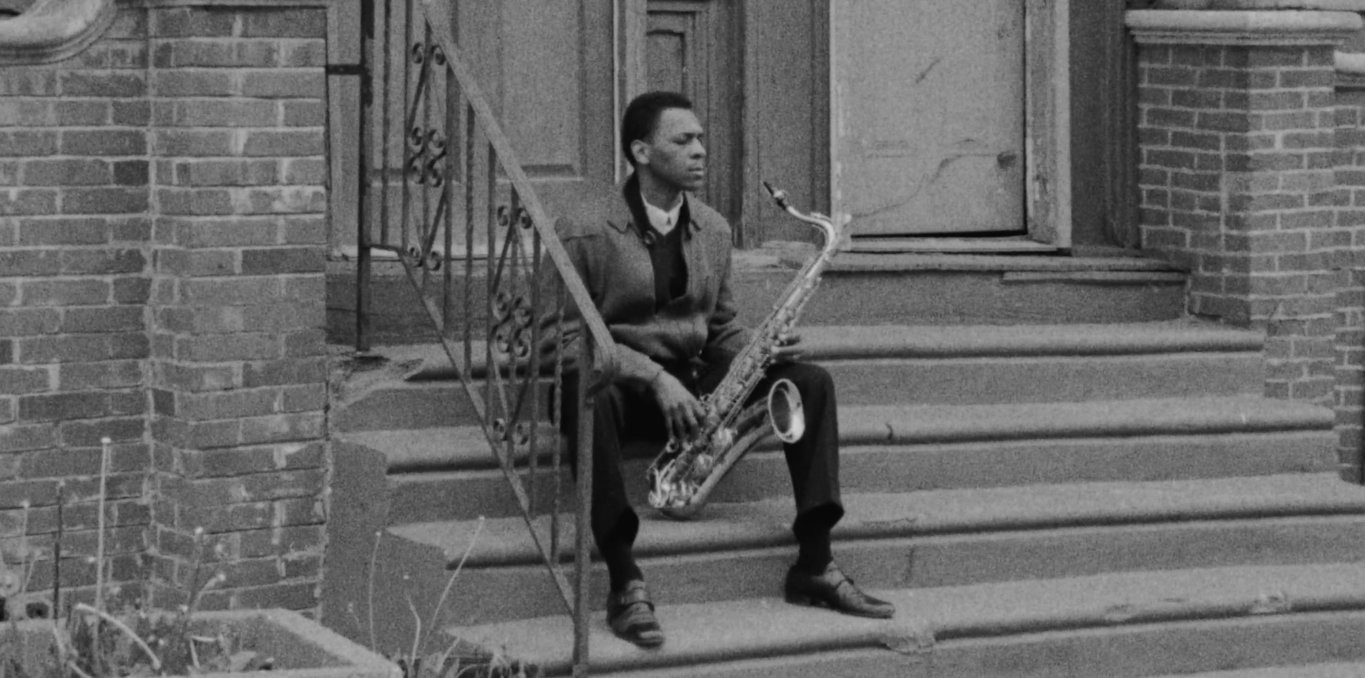
Speakn' Trane
Subscription access
_Speakn’ Trane_ is a visual conversation that considers one of the great masterpieces of music through the eyes of its creator. Mirroring the dialogue at its core, it mixes 16mm film and digital images, performance and nature footage to illustrate the revolutionary themes and ideas that would combine to craft the album _A Love Supreme_: the generative practice of meditation, the creative potent...

Here and There
Duration: 38 minutes
Subscription access
At the beginning of the summer of their 16th year, Adam, Ana, and Dahlia turn to their families and friends to question their cultural heritage. Through intimate conversations, _Here and There_ juxtaposes the different influences and realities that shape the development of the cultural identities of second and third-generation immigrants.

Leveret Road
Duration: 30 minutes
Subscription access
Jeanne, 10, a neuroatypical with a passion for skateboarding and snowboarding, has been diagnosed with dysorthographia, ADHD, dyscalculia and a developmental coordination disorder. She faces a decline in her academic performance and must learn to maintain her confidence and focus on her strengths.

I Love Everything
Duration: 6 minutes
Subscription access
At the age of eight, José invites us to discover his village, Nutashkuan, and everything he loves about it.

And Yet We're Not Super Heroes
And Yet We're Not Super Heroes
New product!Duration: 24 minutes
Subscription access
When we are a child, there is this fragile moment when the border between the imaginary and the reality is shattered. Here is the testimony of these children between two worlds, to whom the floor has been freely given.

On the Adamant
Duration: 1h49
Subscription access
The Adamant is a unique day care centre : it is a floating structure. Located on the Seine in the heart of Paris, it welcomes adults suffering from mental disorders, offering them care that grounds them in time and space, and helps them to recover or keep up their spirits. The team running it is one of those that try to resist the deterioration and dehumanization of psychiatry as best it can. T...

Letters to the Prime Minister
Duration: 42 minutes
Subscription access
Montreal author Marie-Célie Agnant collects stories, dreams and demands from Parc-Extension neighbours, in order to write a letter to their deputy, Justin Trudeau, then the 23rd Prime Minister of Canada.

Nine Easy Dances
Duration: 40 minutes
Subscription access
A filmmaker and former dancer returns to her family home to make a film with her parents, but when they fail to live up to unrealistic expectations, and when her mother's cancer metastasizes, she hires professional dancers to play them, in what becomes a darkly humorous docufiction about both loss and transformation.

Natsik Hunting
Duration: 16 minutes
Subscription access
25-year-old Mosha Michael made an assured directorial debut with this seven-minute short, a spare, narration-free depiction of an Inuit seal hunt. After participating in a Super 8 workshop in Frobisher Bay in 1974, Michael shot and edited the film himself. His voice can be heard on the lively, guitar-accompanied soundtrack. Released in 1975, _Natsik Hunting_ is believed to be Canada’s first Inu...

Canone effimero
Duration: 4h02
Subscription access
A poetic journey into a hidden Italy, far from dominant narratives. _Canone effimero_ explores cultural resistance at work among makers of ancient instruments, polyphonic choirs, and traditions passed down from generation to generation. Through eleven musical chapters, the De Serio brothers compose a mosaic of memories, voices, and landscapes, refocusing attention on marginalized rural cultures.

The Trial
Duration: 5h54
Subscription access
Following the collapse of the Argentinian dictatorship, the new democratically elected government held a judicial trial of nine high-ranking representatives of the military Junta. The accused were prosecuted with crimes that included kidnapping, torture, forced disappearance, and the murder of over 8000 thousand people from 1976-1983. The trial was recorded for broadcast television on over 500 ...

Maya, Give Me a Title
Duration: 2h04
Subscription access
A father and daughter maintain their bond despite living in different countries through an imaginative nightly ritual where she suggests a title and he creates short animated films starring her as the hero.

Direct Action
Duration: 7h04
Subscription access
In January 2018, the construction of an airport in rural Notre-Dame-des-Landes was officially canceled, putting an end to years of resistance led by one of the most important activist communities in France. From 2022 to 2023, filmmakers Guillaume Cailleau and Ben Russell immersed themselves in the ZAD (zone-to-defend) to create a portrait of collective life in the years after this unprecedented...

They Do Not Exist
Subscription access
Life in the Nabatia refugee camp in Southern Lebanon, accompanied by a voice-over reading a letter written to a _fedayeen_ (Palestinian fighter). A response to Israeli Prime Minister Golda Meir, who declared that the Palestinian people did not exist.

The Roof
Subscription access
Straddling documentary and filmed autobiography, this deceptively tranquil film portrays the family of filmmaker Kamal Aljafari in Ramla and Jaffa, through the calm yet unceasing movements of a camera drifting through the rooms of abandoned, damaged, or ruined houses. The title refers to the missing roof of the house where the director’s family settled in 1948—a home left unfinished, a construc...

Frontiers of Dreams and Fears
Subscription access
From the Shatila camp in Beirut to the Dheisheh camp in Bethlehem, this film follows two teenage girls – Mona, 13, and Manar, 14 – who, separated by exile, get to know each other and form a friendship via the Internet, until a meeting becomes possible thanks to political events. Shot after the liberation of Southern Lebanon from Israeli occupation and at the outset of the Second Intifada, the f...

Children of Shatila
Subscription access
_Children of Shatila_ tells the story of Farah and Issa, two children from Beirut’s Shatila camp who use their imagination and creativity to overcome the overwhelming difficulties of living in a Palestinian refugee camp that has survived massacre, siege, and dispossession.

Clotheslines
Subscription access
_Clotheslines_ poetically documents the pragmatic, symbolic and artistic role of laundry in women's lives. The film presents an enduring, vivid account, showing how the creative energies of women have been sapped by mundane tasks, and in turn how such tasks reflect a ritualistic approach to life.

record found here
Subscription access
Ten years ago, lanaire aderemi’s grandmother told her about the Egba Women’s Revolt, a resistance movement against colonial taxation in the late 1940s in Abeokuta, Nigeria. Inspired by this story, lanaire explores archival documents, historical sites and oral testimonies to document the imaginative and revolutionary spirit of Abeokuta women in the 1940s.

Sisters in the Struggle
Subscription access
This documentary features Black women active in politics as well as in community, labour, and feminist organizing. They share their insights and personal testimonies on the dual legacy of racism and sexism, linking their lived experiences to the ongoing struggle to end systemic discrimination and violence against women and people of colour.

Speakn' Trane
Subscription access
_Speakn’ Trane_ is a visual conversation that considers one of the great masterpieces of music through the eyes of its creator. Mirroring the dialogue at its core, it mixes 16mm film and digital images, performance and nature footage to illustrate the revolutionary themes and ideas that would combine to craft the album _A Love Supreme_: the generative practice of meditation, the creative potent...
